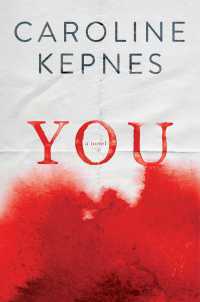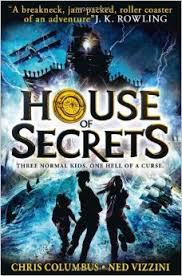

This is the 5th novel by British author Robert Goddard I’ve read over the years. He now has some thirty works to his name yet this was his debut first published in 1986. So far the two of his novels I have enjoyed the most have been “Set In Stone” (1999) and “Play To The End” (2004) yet admittedly I haven’t really been completely bowled over by what I have read.
The title does seem to be asking for trouble her and in what is quite some intense plotting there were times when I felt I myself was approaching the “past caring” stage but there was always just a little twist to get my interest back when I could feel it fading.
Martin Radford, unemployed historian, is invited to Madeira where a job opportunity arises. A wealthy South African has found a journal left by the previous owner of his villa, an ex-Cabinet minister who shone in the Asquith administration but who resigned suddenly and ended up in self-exile in Madeira. Radford is asked to research and comes across regret, secrets, political feuds, Suffragettes and a closer family connection than he had anticipated. We get to read the memoir in full and the mystery of Edwin Stafford’s departure from the political scene drives Radford to ever desperate measures.
It brings the historian into contact with three generations of the Couchman family. I did at times struggle to distinguish between them which might suggest that Goddard hadn’t quite fully realised his skills with characterisation at this stage of his writing career. There’s also a love interest for Radford which never rings true (but that could very well be intentional).
I was drawn into the plot and really enjoyed the memoir aspect of it. I like the way Goddard locks events into history in his novels and the focus on unravelling these mysteries. As such, the older characters seemed to resonate with me more than the modern. (The “present” in this novel being the mid 1970s).
All in all I would put this on a par with the stronger Goddard novels I have read (so better than Days Without Number” (2003) and “Name To A Face” (2007). He is an author who explores themes which draw me in but sometimes there is a density of plotting and issues with pace which prevent a whole-hearted recommendation. I am convinced, however, that there will be some real gems in the twenty-five or so works of his that I still am to encounter.

I read a Corgi paperback reprint of “Past Caring”, a novel which was first published in 1986.
Advertisements Share this:





